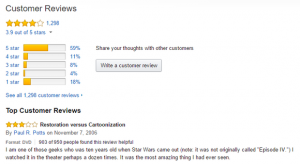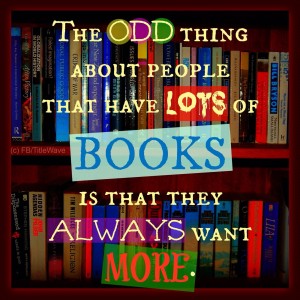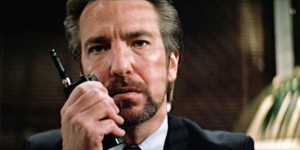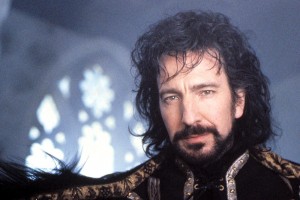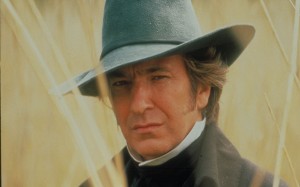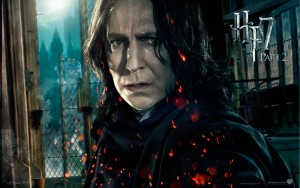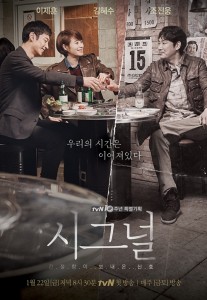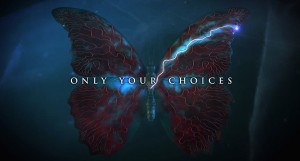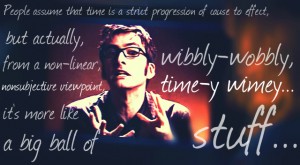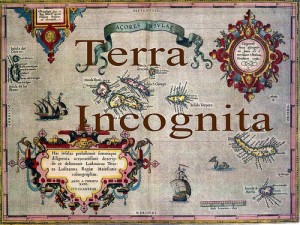Stars: 3.5 out of 5.
I actually enjoyed this book quite a lot. It’s fast paced, well written and entertaining. The story is solid and the protagonist quite engaging. So why did I give it only 3.5 stars? Because it could have been so much better if the author had worked on his antagonists a bit more…
But we will get to that later. So what is this book about? Well, Kris Ballard is a motorcycle courier who tries to scrap a living doing courier jobs between levels 3 and 4 of San Angeles, a huge multilevel conglomerate city that has swallowed the west coast from Los Angeles to San Francisco. She makes barely enough to put food on the table and a roof over her head, so when Dispatch sends her after a late package, promising better rates and a tip, she grumbles, but goes anyway. After all, her bike needs new tires. Only the delivery goes all kinds of sideways when she walks in on a murder. Now she is on the run with the package that every corporation out there seems to want and her life is pretty much over if she can’t stay one step ahead of the hunters.
First, let’s talk about the things I loved about The Courier, and the most notable one would be Kris herself. She is one tough young woman. She comes from a background of tragedy and abuse, but she had the strength and courage to pull herself out of the muck and build herself back up again. She doesn’t expect handouts from anyone and relies only on herself. She is smart and street savvy and doesn’t scare easy. And one thing I really like about her is that she is too stubborn to give up. No matter what life throws at her, no matter how bleak the situation, she finds the strength to keep on going. So Kris immediately had my affection, and following her through her story was a blast.
Second, as I said, the story is well thought out and fast paced. I didn’t have time to take a breath because everything was unfolding so fast, which is actually a good thing because it stressed the urgency of Kris’s situation. The tension revs up the moment she starts running for her life and doesn’t let down until the last pages of the book.
I also like the world the author has created where big corporations have pretty much divided zones of influence on Earth and own everything, from the government to the police, healthcare and entire giant cities. Earth has been pretty much depleted of all resources and those rich enough have fled to the Sat cities who orbit the planet. Those who weren’t so lucky are trying to scrap a living on a polluted dying planet. This premise has potential, and we have only seen a small fraction of the world in this book, since Kris never left San Angeles. From what I understand, this is the beginning of a series, so I’m looking forward to exploring this world a bit more in the consecutive books.
Now I need to talk about the stuff that I DIDN’T like, because even though the book was well-written, the flaws were jarring enough to make me knock 1.5 stars off my score.
First of all, apart from Kris and Miller, all the other characters we encounter seem pretty one-dimensional. In fact, most of them are more like walking names or stereotypes. Devon is a nerd with uncanny computer skills. Dispatch is a down on her luck woman who seems like a b*^ch but has a good heart underneath. And Jeremy is a megalomaniac as well as a possible psychopath. Not to mention the very simplistic approach that since the corporations are bad, everyone who works for them is bad as well.
I mean, take Quincy for example. He is part of the corporation’s Black Ops, which by definition should be a group of very skilled professionals right? Wrong. Instead of getting in and out and done with the mission as cleanly as possible, he plays with his victims, he tortures them, and he isn’t even against an occasional rape. I would understand if he was a common thug or gangster, but he is a Black Ops team leader, for God’s sake!
My second problem with this book is that the idea that an untrained 16 year old girl would be able to escape several trained killers and Black Ops over 5 times and then even kill one of them is rather ridiculous. One or two times I would understand, but more than that? That screams of sheer incompetence on the killer’s part or too much luck on our protagonist’s part. After a while it’s simply not believable.
But all those flaws become apparent only AFTER you finish the book, because while you are immersed in the story you are too busy running with Kris to notice this. Though admittedly, the sadistic villains got on my nerves even while I was reading this book.
All in all, I would recommend this book to anyone who wants a fast-paced story with a strong protagonist though.
PS. I received an advanced copy of this book via NetGalley in exchange for a honest review.




